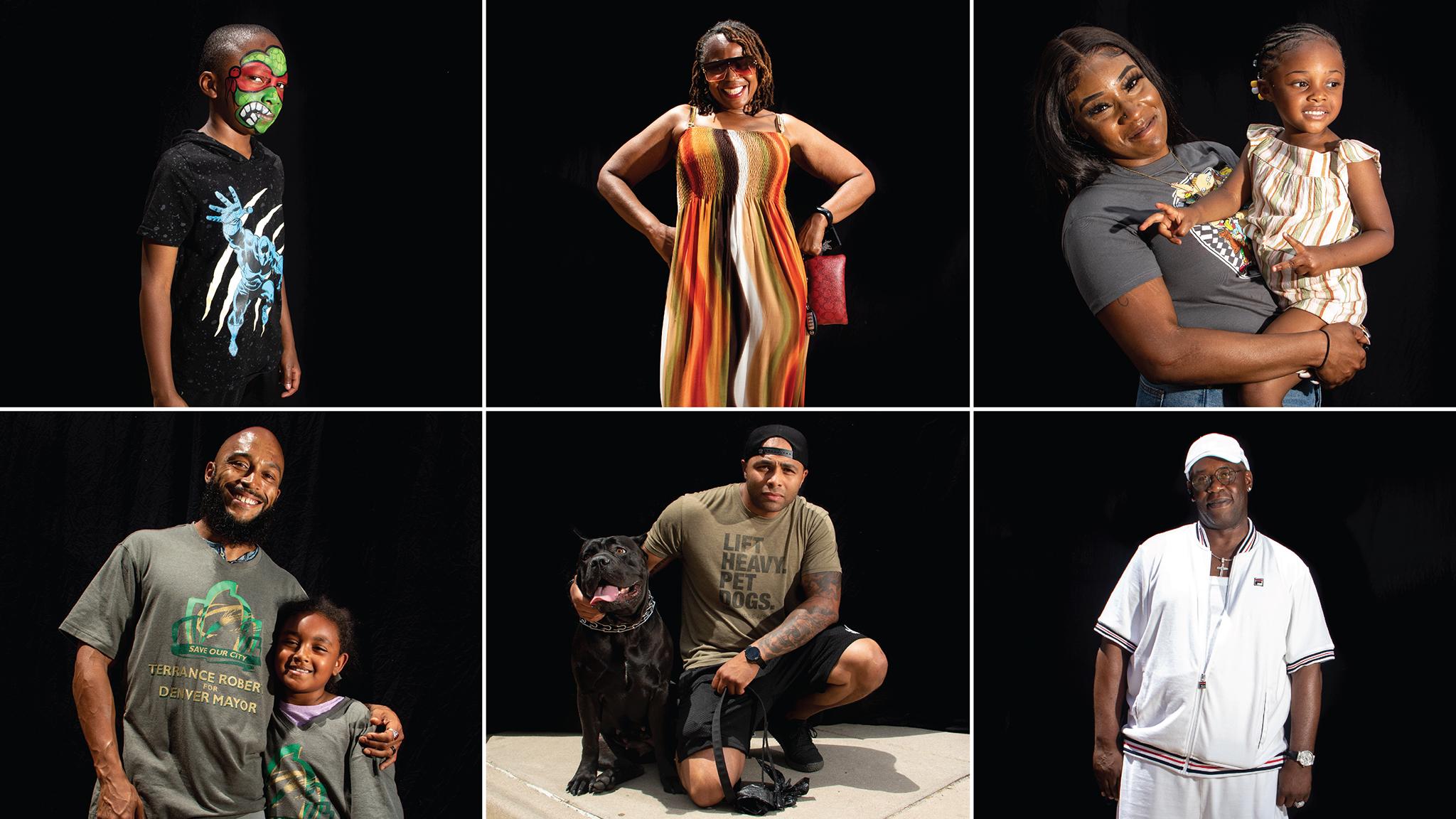Despite scorching temperatures, Denverites flooded Welton Street this weekend to celebrate Juneteenth, the observance of emancipation that finally became a federal holiday last year. We set up a photo booth to document some of the visitors and asked them a simple question: What is your first memory of Juneteenth?
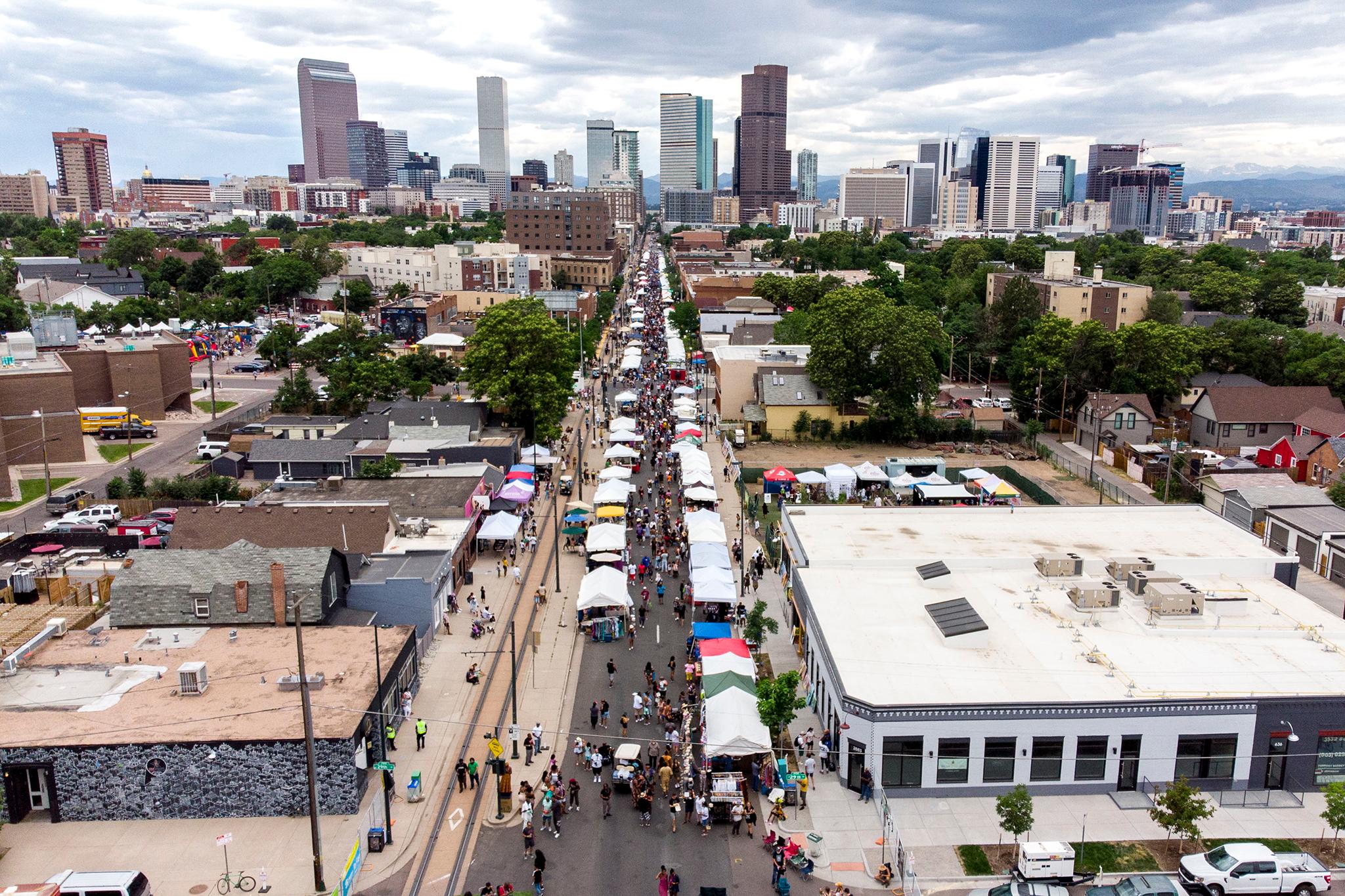
Though the event was officially recognized only recently, Juneteenth has been a major affair in Five Points for decades. Most the people we met on Saturday remembered coming to Welton Street as teenagers.
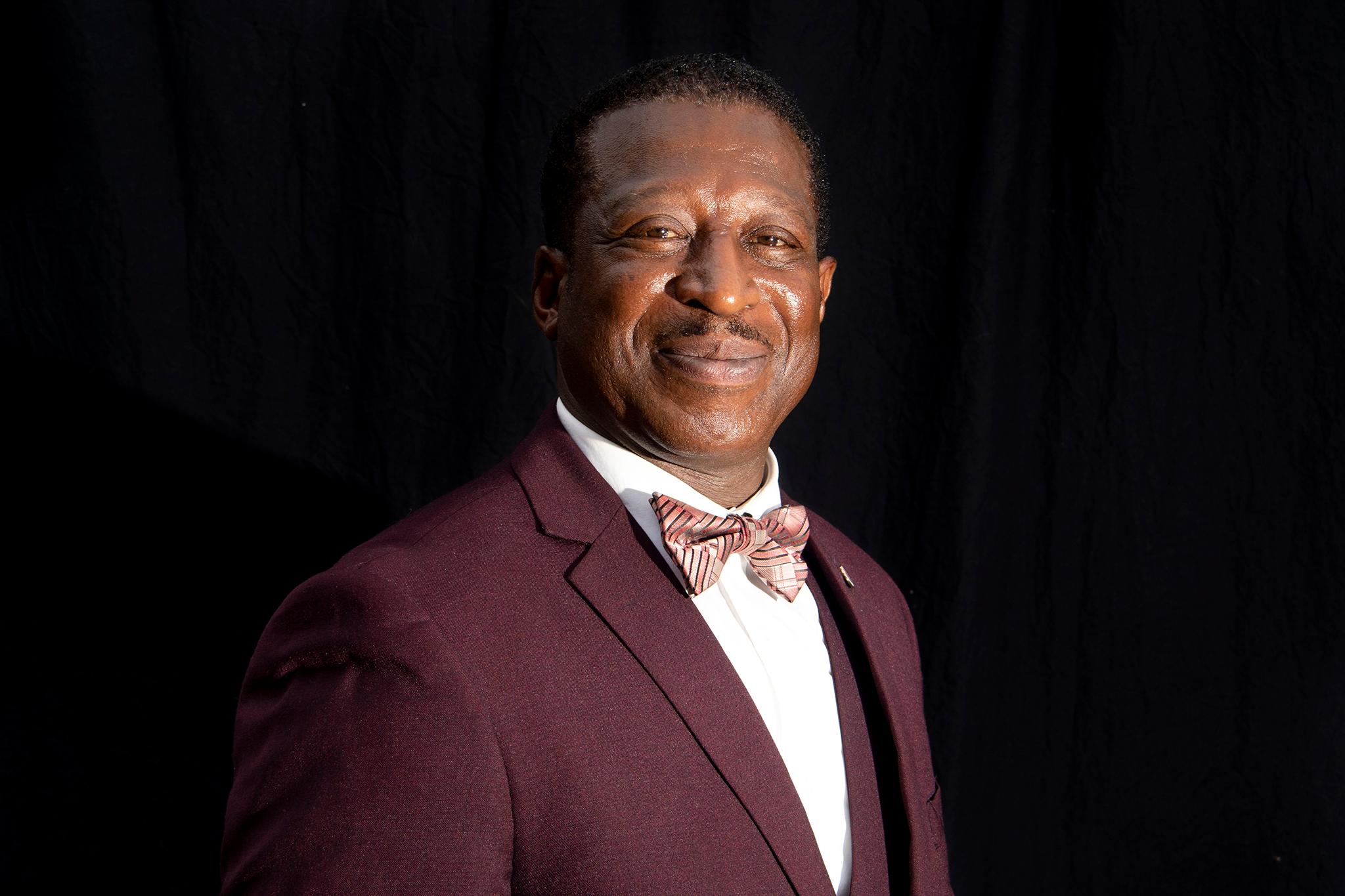
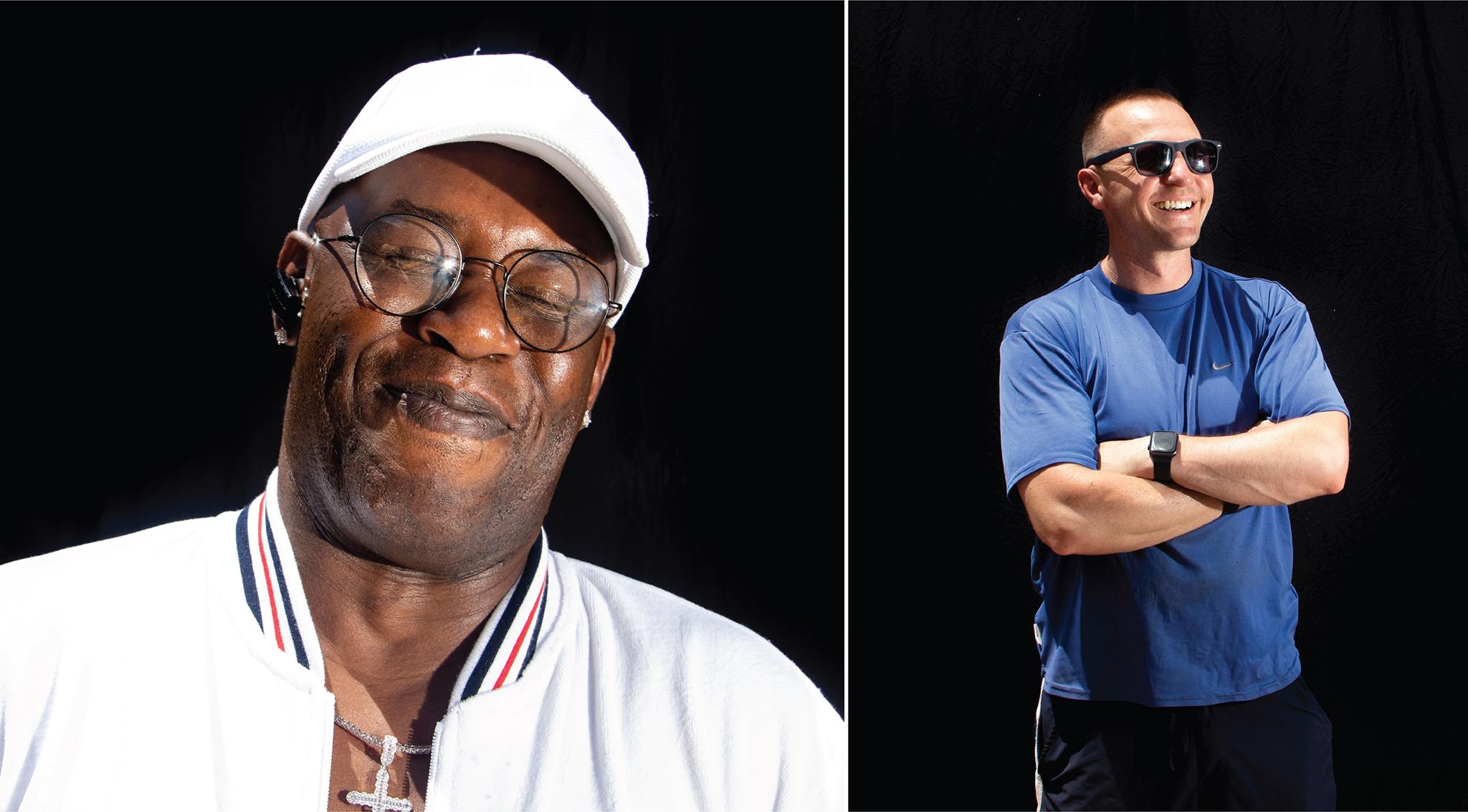
"My first memory of it was probably back in 1982. I lived in this neighborhood, before all the rails and the trains," Mo Wyckoff told us. "We'd dance from 10 a.m. to maybe 2, 3 o'clock in the morning."
It was the only day of the year his mother would let him stay out so late.

Wyckoff, like a lot of the longtime residents we met, remembered Juneteenth celebrations in the '70s and '80s with heavy nostalgia. They also described a period of dormancy, when festivities receded as violence rose across the city in the 1990s and as economic displacement became a problem in Five Points in the 2000s. While Wyckoff said Juneteenth's resurgence on Welton Street doesn't quite feel the way it did when he was a kid, it still hit him in a profound way.
"You never forget where you come from, and that's why I'm here," he said. "It takes me back to my childhood, and it feels really good."
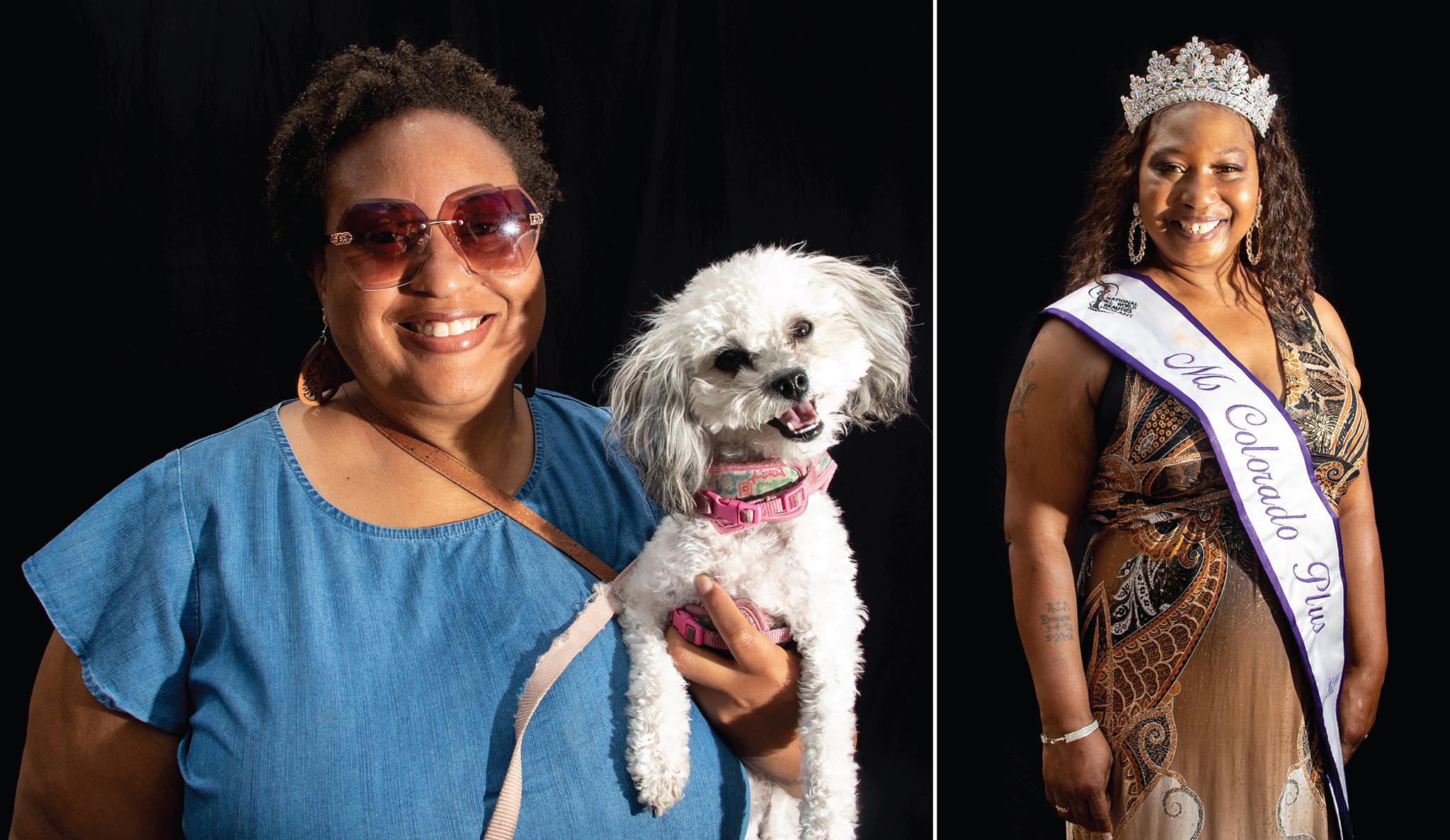
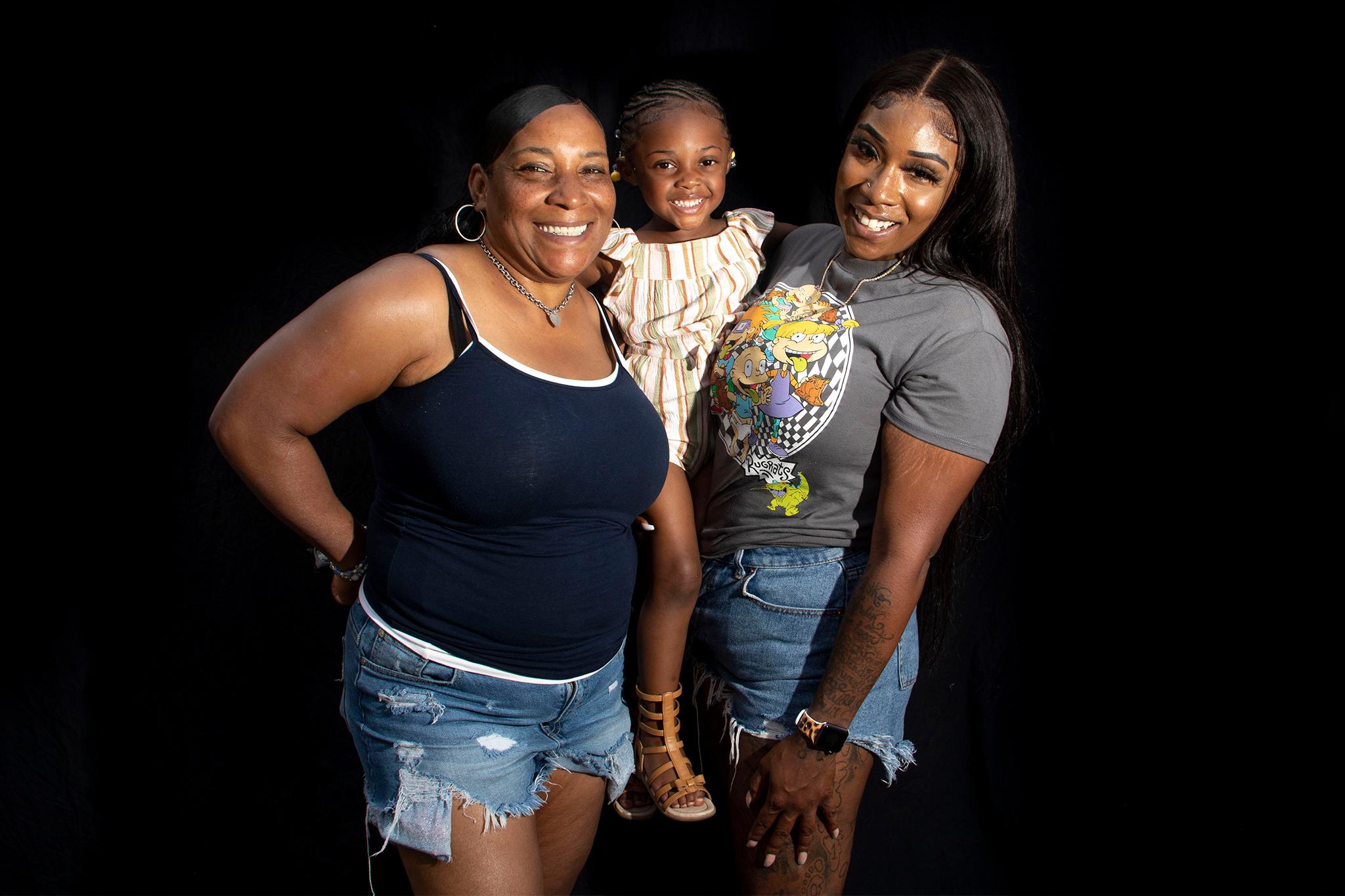
Karla Banks also fondly remembered the holiday from her youth. She brought her daughter, Ziorah, when she was young. On Saturday, both women made sure Banks' granddaughter and Ziorah's daughter, Nayiah, would have similar childhood memories. Thinking back, Banks said she was keenly aware of the event's importance when she was young.
"It was just - it stood out," she said. "It was a good feeling to know that there was a celebration for people of my color and to see the many cultural identities in our community."
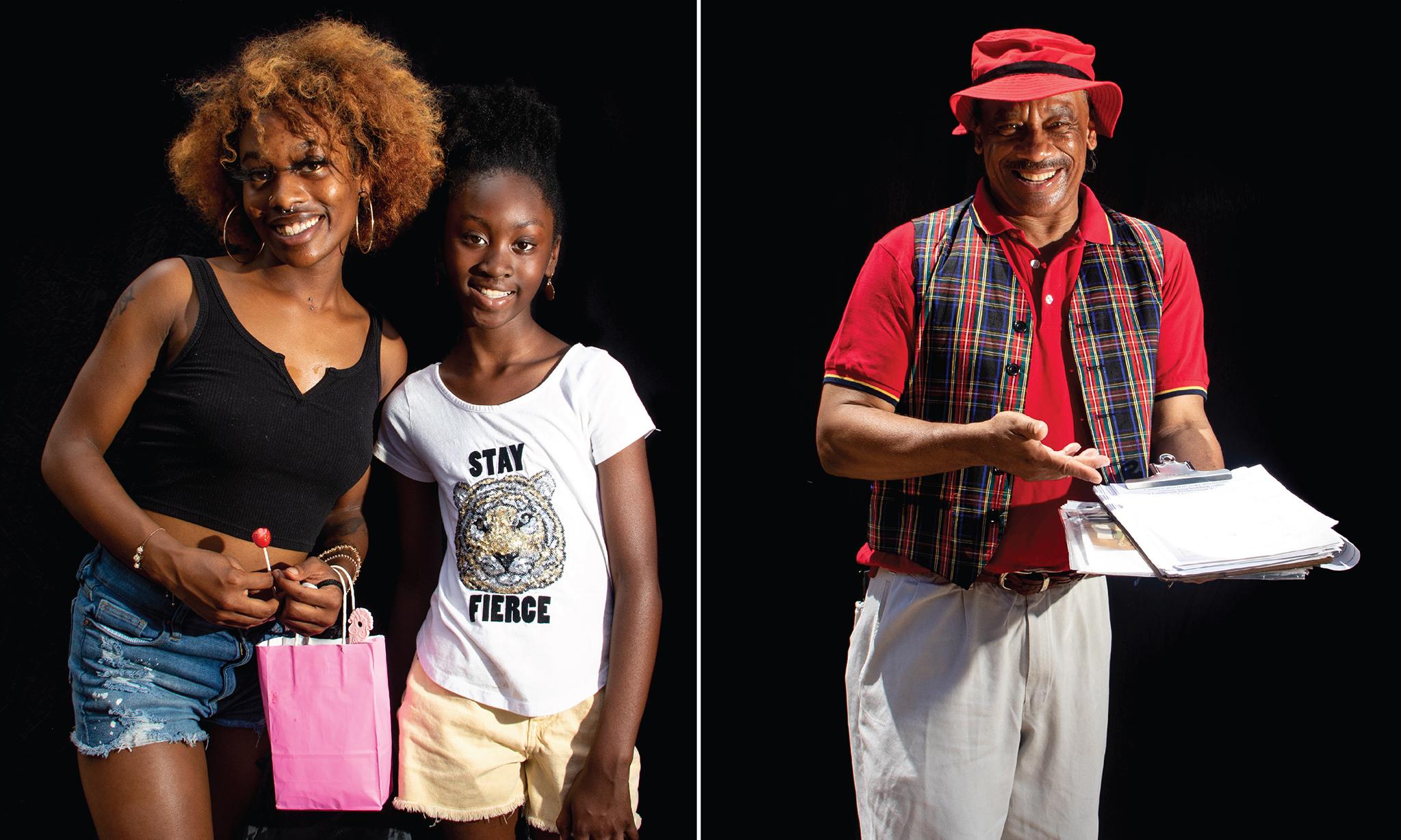
Still, Banks said she feels a particular sting when she comes to Five Points to celebrate Black liberation and culture. So many families who used to live there, who made this the place for events and memories, have been priced out of the neighborhood.
"They can't afford to live here," she said. "It's a lot of changes that have transpired."
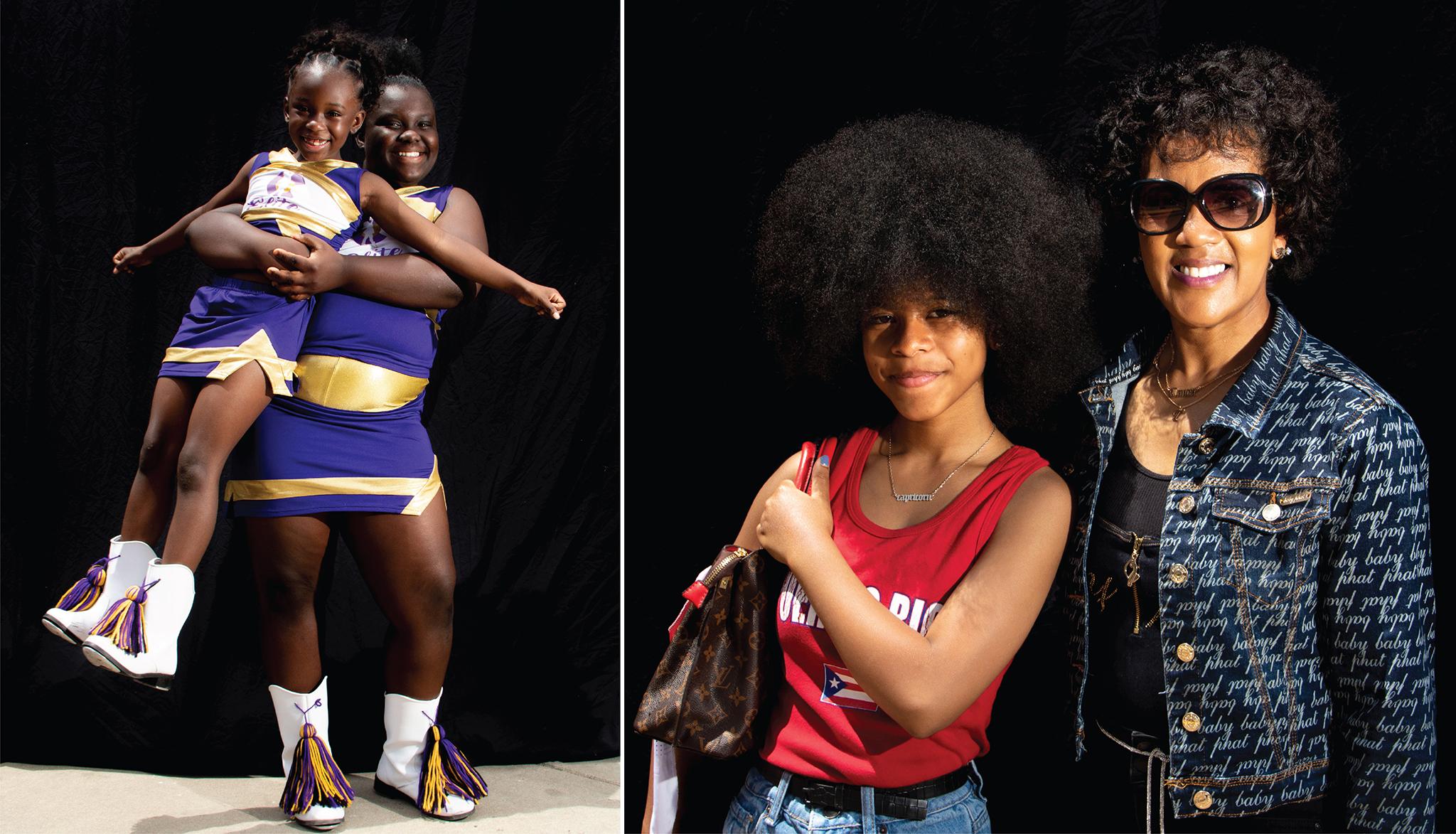
Not all of those changes have been negative for Aujanea Cyprian, who participated in the annual parade with her daughters Branae, Blessyn and Saanyh. Her first memories of Juneteenth also date back to her youth in Five Points, when she'd watch others march through the neighborhood.
Today, she said, the federal holiday designation has brought Juneteenth to more people.
"I've seen a lot of people take the initiative of trying to become knowledgeable about it," she said - and she thinks that's a good thing.
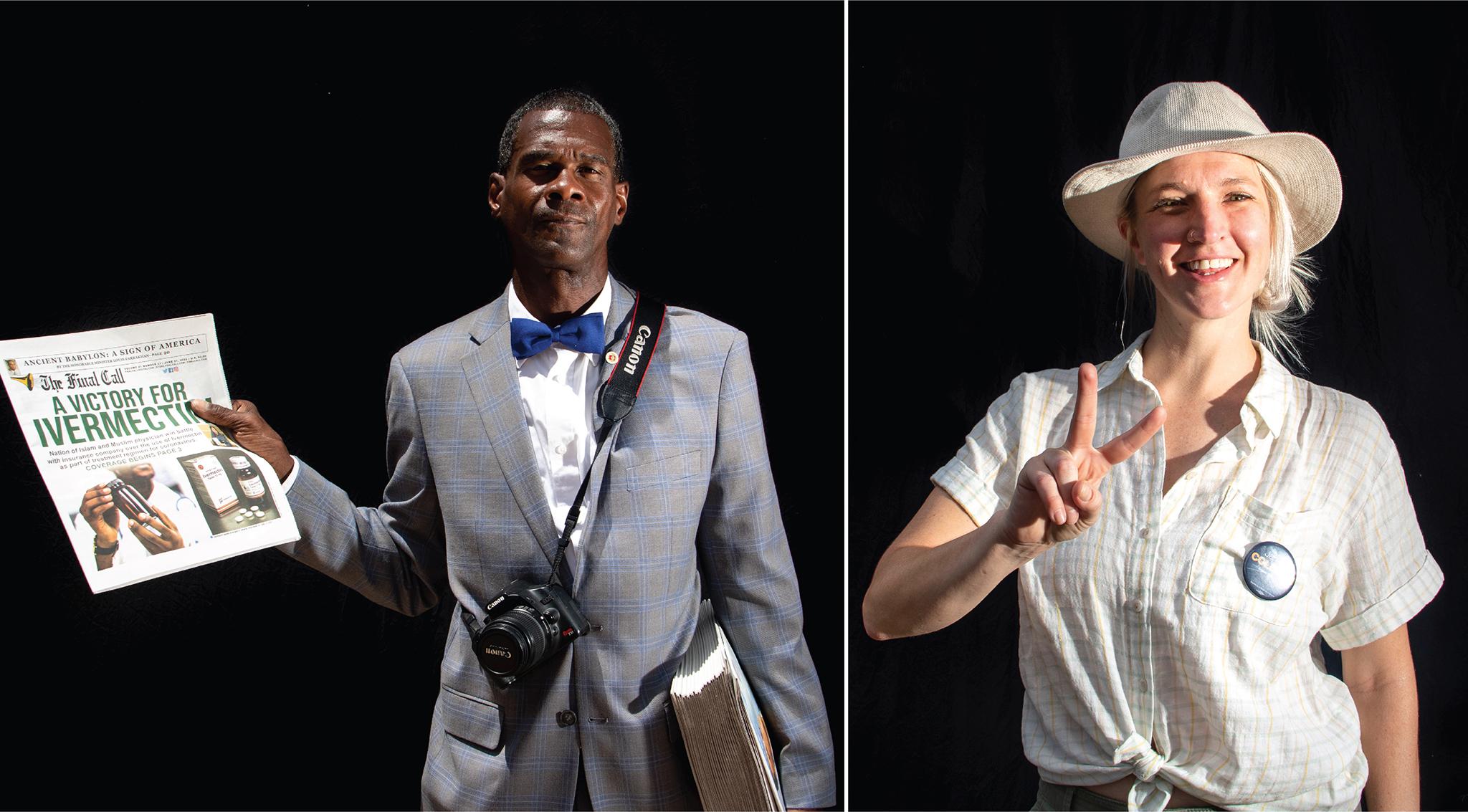
Others who posed for us had only heard of the holiday in recent years.
Nick Campion, for instance, was still forming his first memories of Juneteenth. A white man, who didn't grow up with cultural awareness of the holiday, said he learned about it last year after it gained federal recognition. As the manager of a few investment firms, he said it was important that he and his colleagues have Monday off to commemorate the occasion.
"It's part of our culture, American culture, and we should celebrate it and have awareness of our history," he said. "It's better late than never. It's unfortunate it has taken so long."

Malcolm Lamperecht, who grew up in Denver, didn't know about Juneteenth until he was an adult. He said he probably missed the annual event in Denver because the community where lived held a misplaced "phobia" around Five Points that was rooted in racism and fear. Now that he's a high school history teacher, he makes sure to teach his students about it.
His partner, Kim Linford, said she and Lamperecht are both aware of the economic displacement that's happened in the neighborhood in the last few decades. It's one reason they're glad the holiday still has a solid place in Five Points.
"It's nice to see the reclamation," Linford said, "though it seems like it's more of cultural reclamation than an economic reclamation for now."
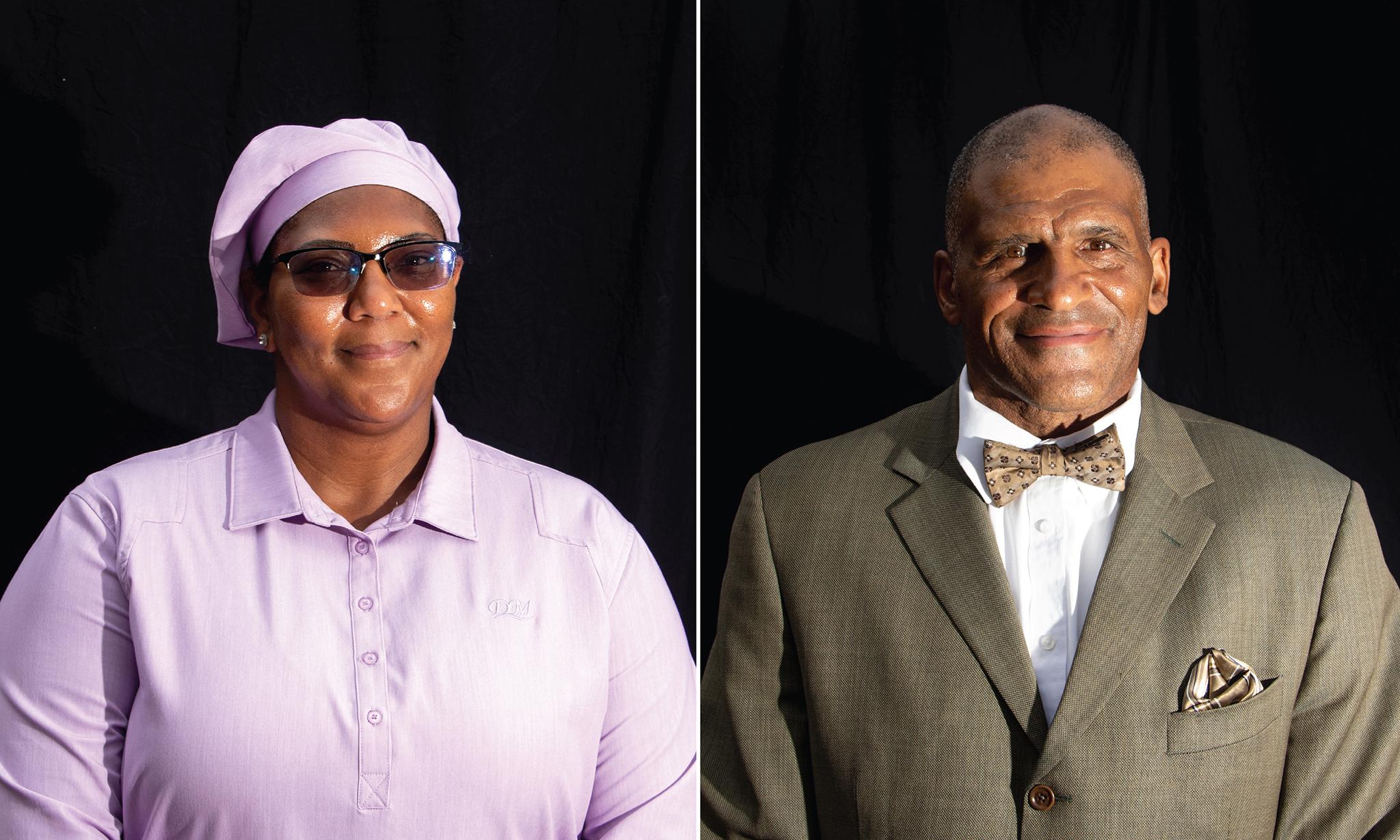
The absence of awareness - and a newfound joy in celebration - was not limited to people with little experience in Black culture. Juneteenth is rooted in the emancipation of enslaved people in Galveston, Texas, and for many years it was only recognized in the American West and Midwest.
Syretta, a Black woman who grew up in the south, said she learned about the holiday later in life. Saturday was her first time at an event commemorating it.
"It's beautiful, absolutely beautiful," she told us. "I'm wowed by all the Black excellence and Black beauty."
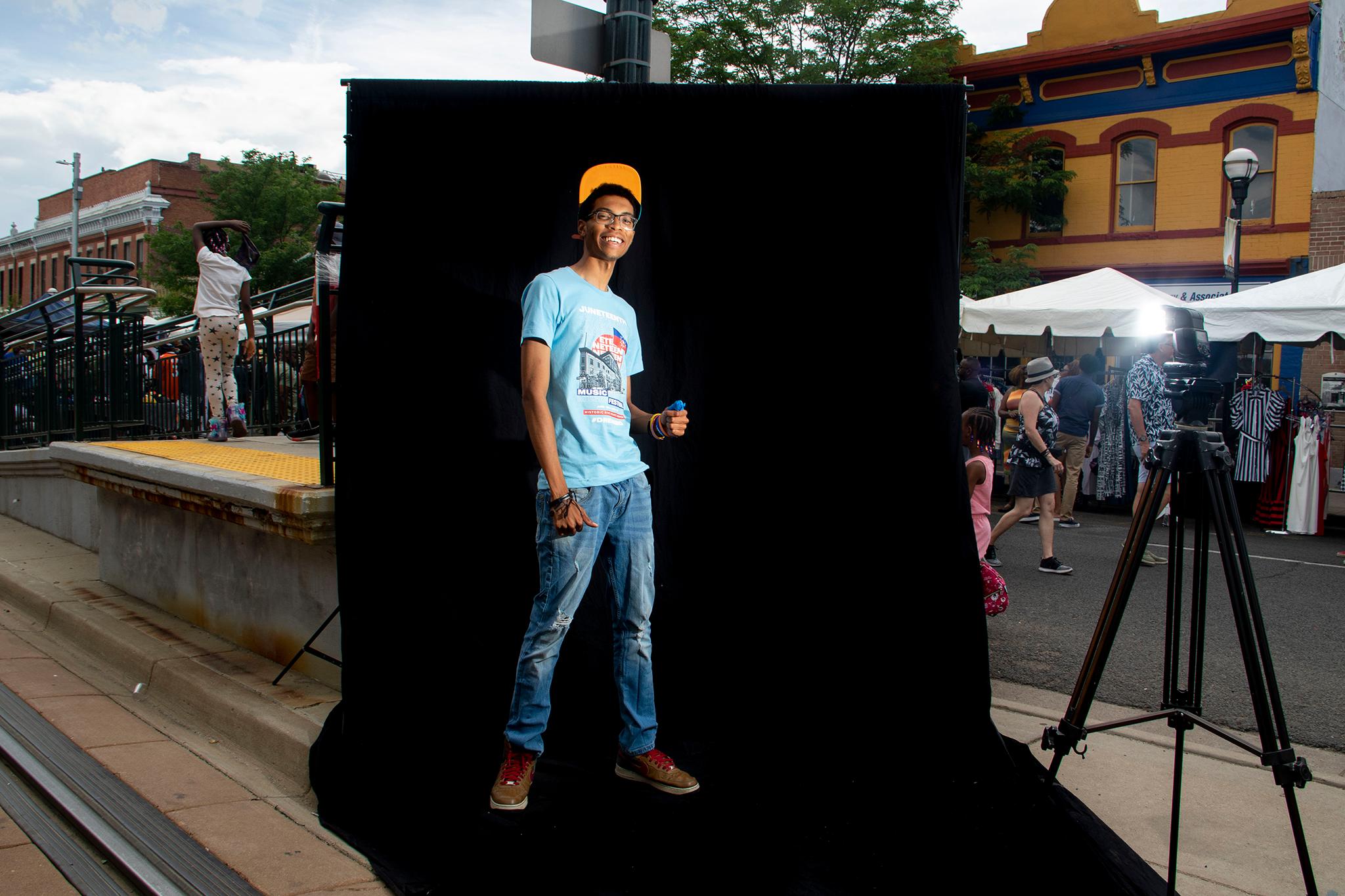
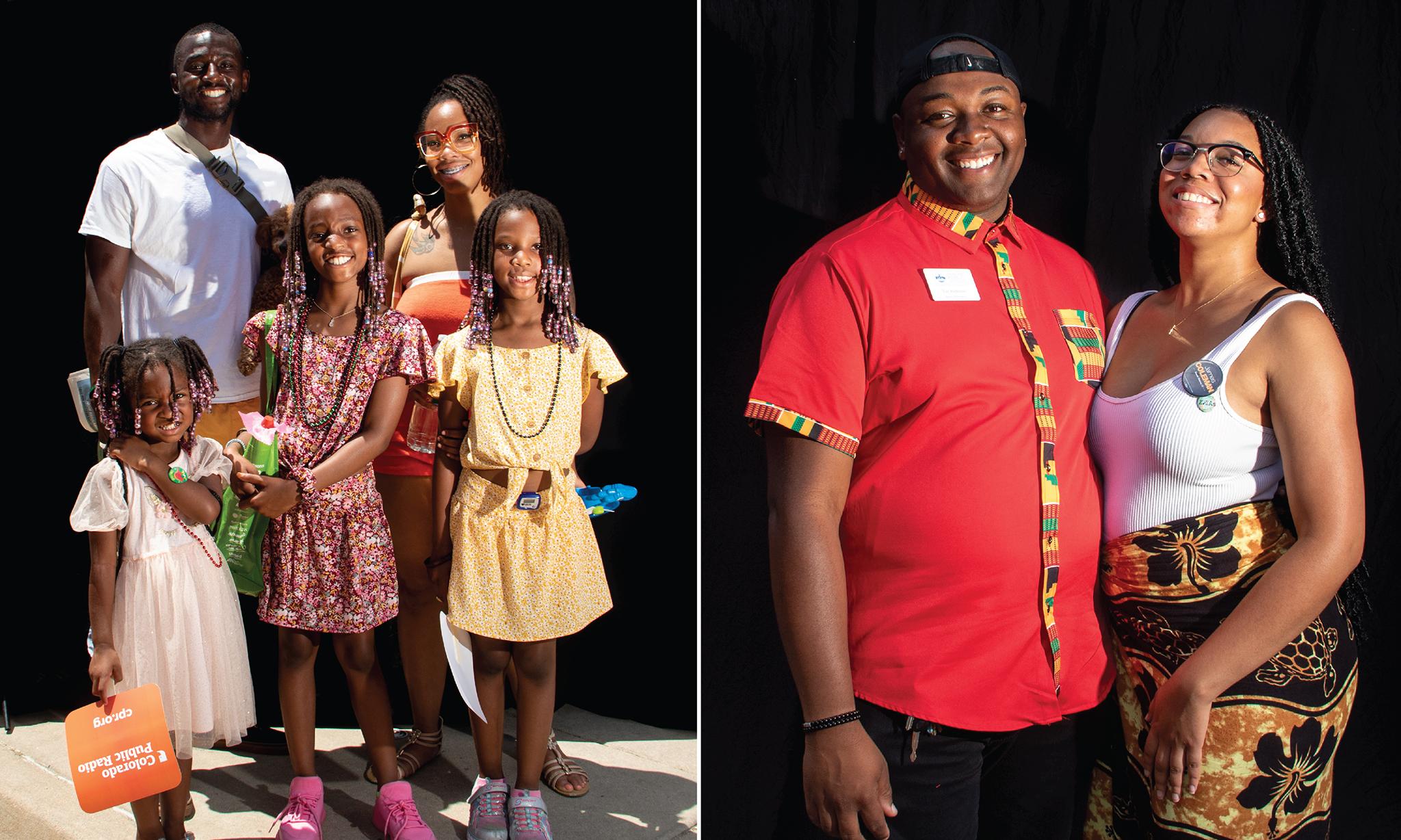
And while a deserved national recognition has brought a more diverse crowd to Welton Street, some longtime celebrants said they worry how capitalism might begin to seep into a tradition that was ignored for so long.
"Now that its actually recognized as an actual national holiday, I think it will be better. But like most things that become holidays, it becomes more corporate," Mahk McVey told us. "You don't have to go and monopolize things like that, because it takes away the meaning."
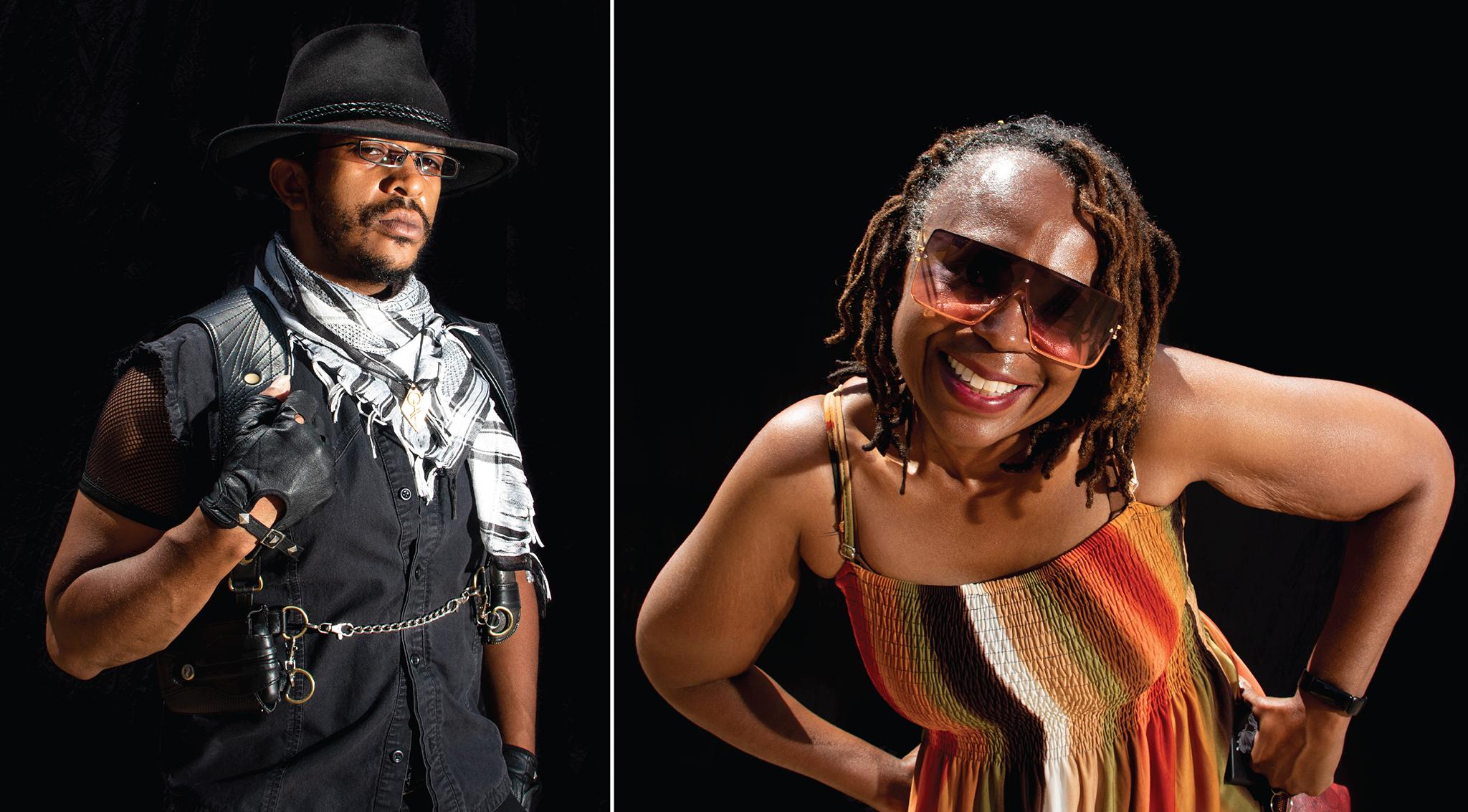
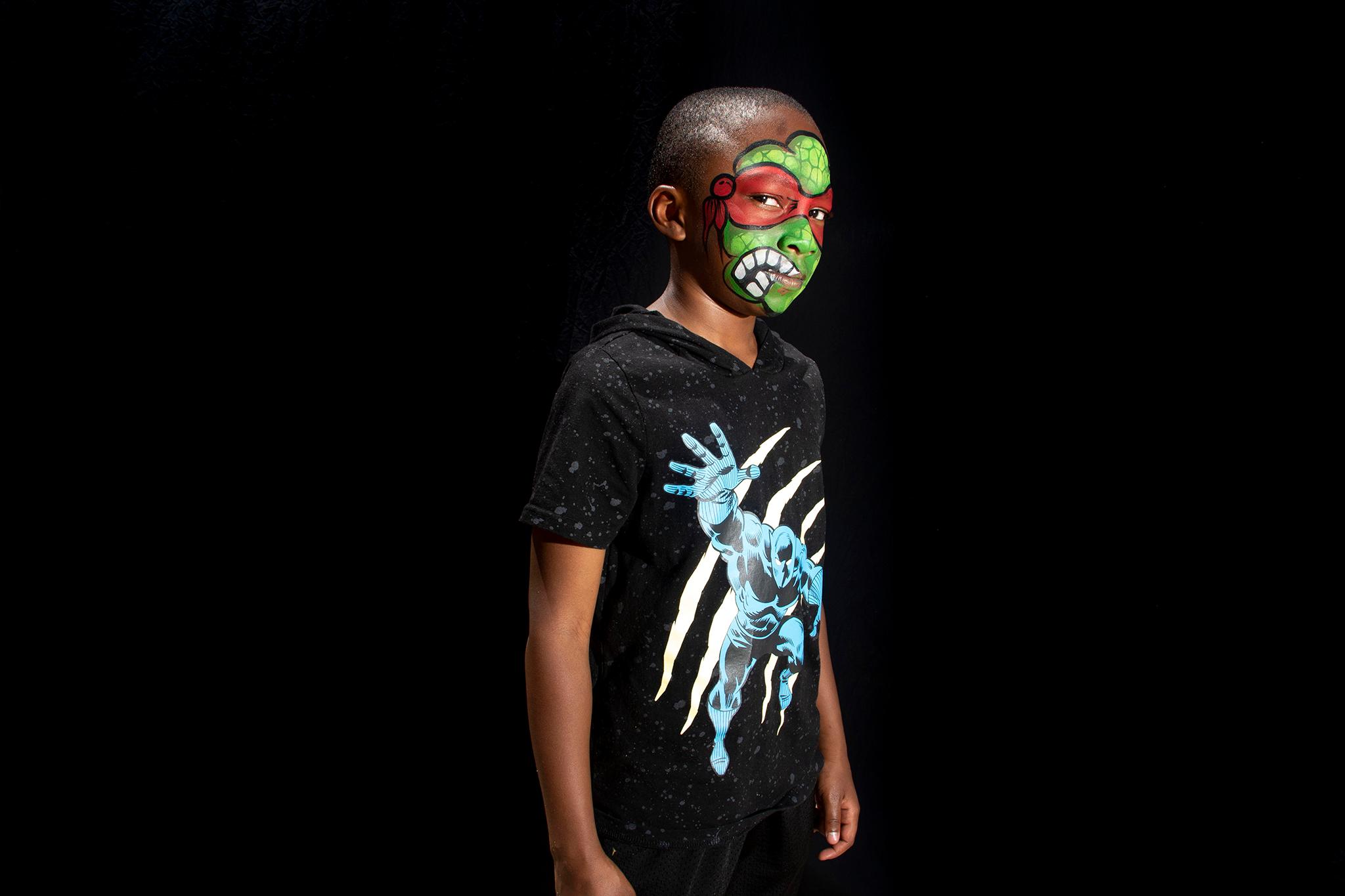
Still, there is a lot of hope in Five Points that a holiday about liberation will resist that kind of commercialization.
"As long as we remember what it stands for, what its all about - as long as we don't lose that, then were all good," Mo Wyckoff, whose mother felt such comfort in the community gathering that she allowed him to stay out late into the night.
For him, Juneteenth is all about "freedom," and that's not something he sees anyone losing sight of.

